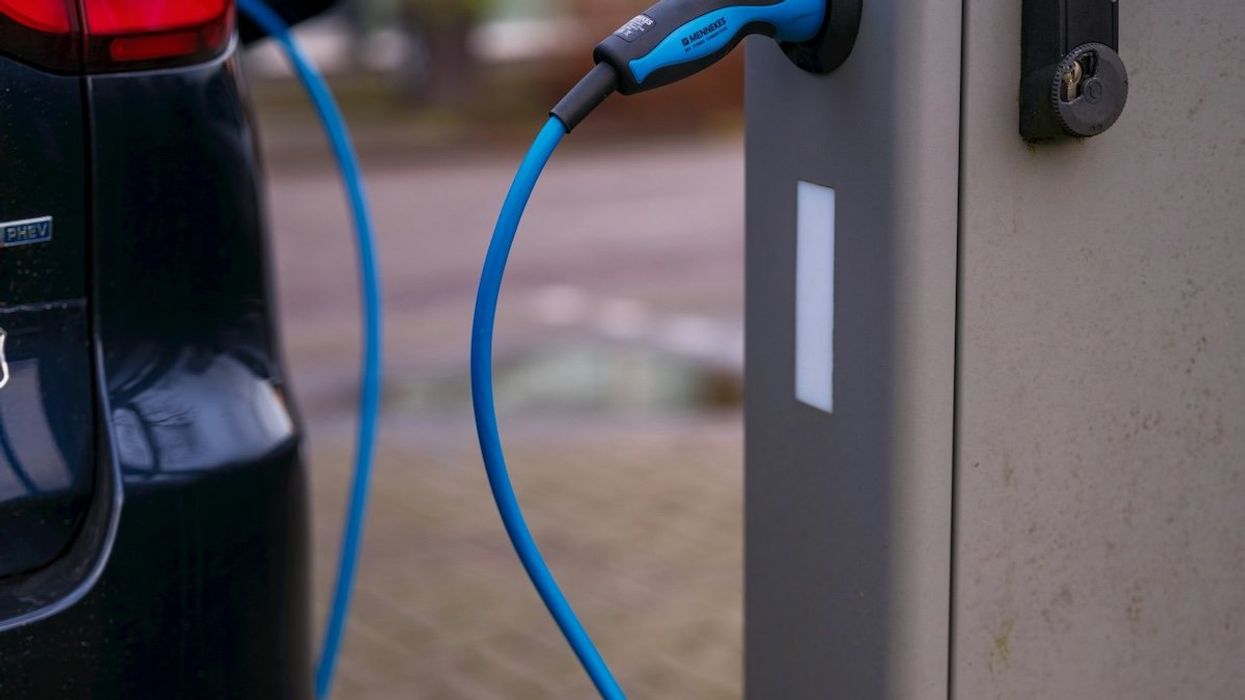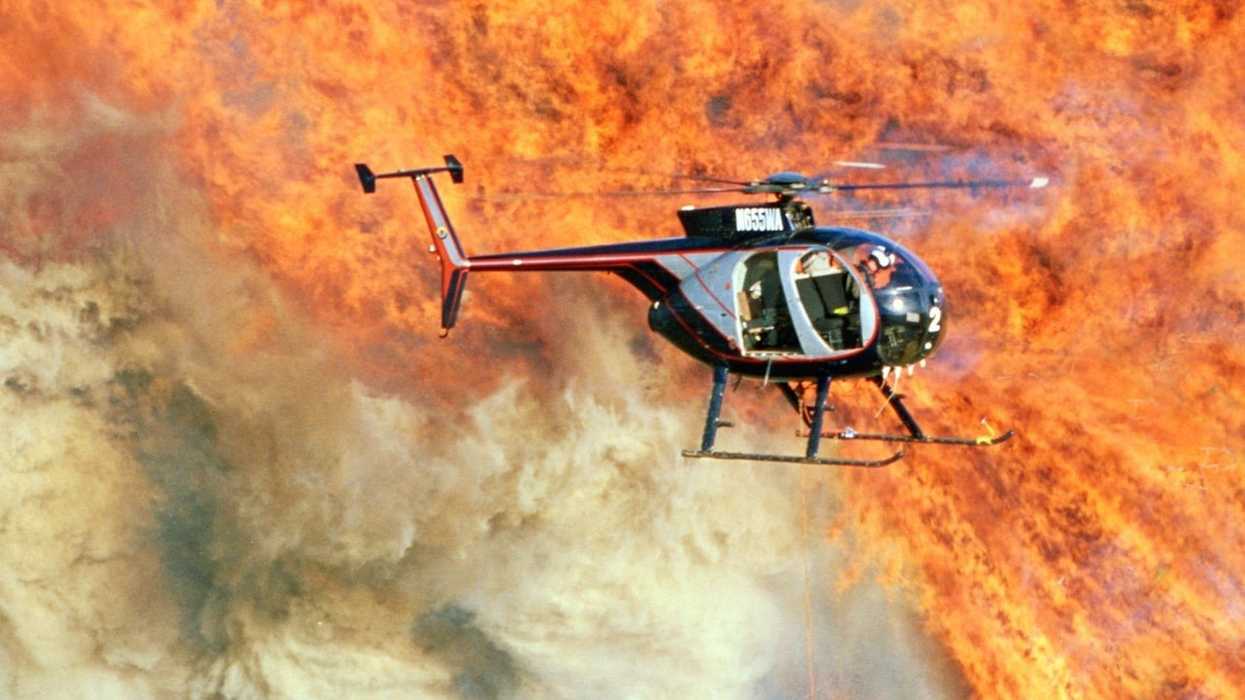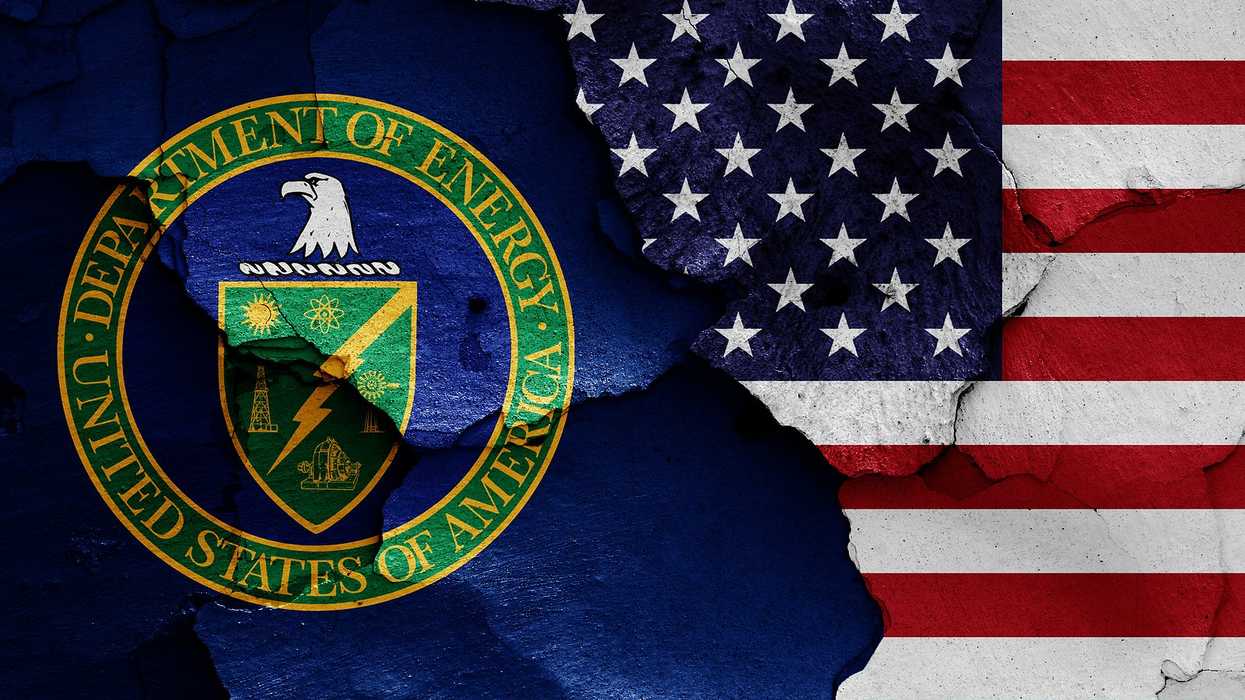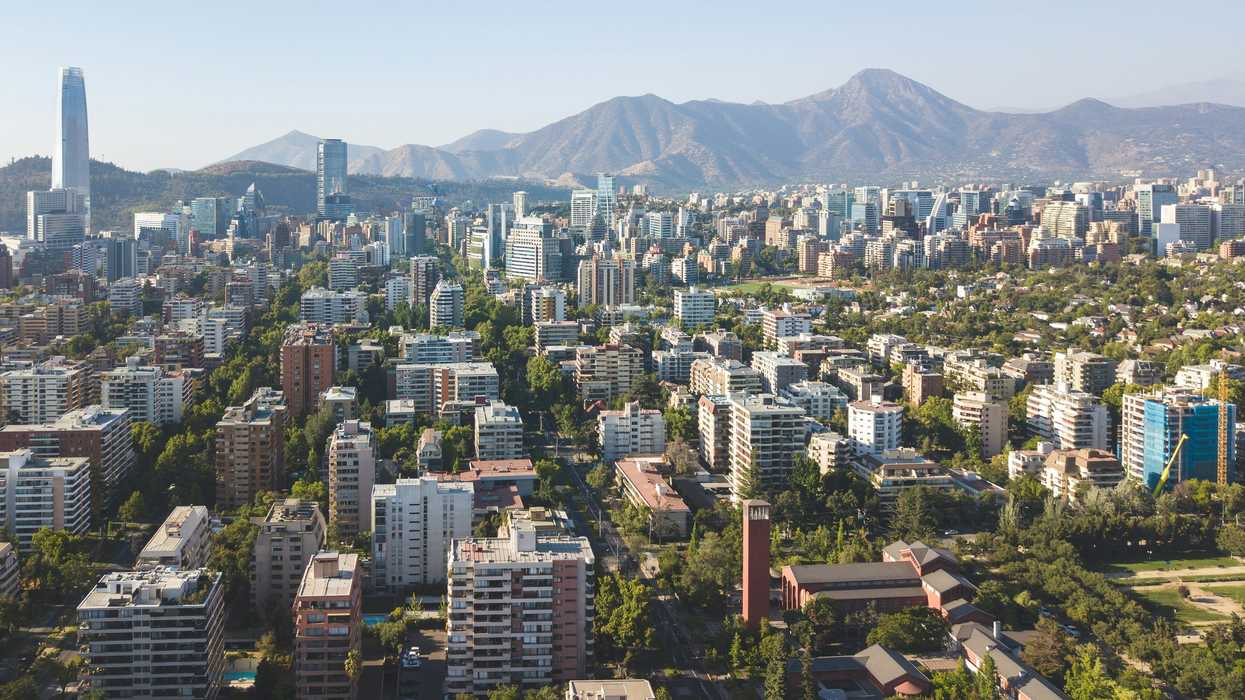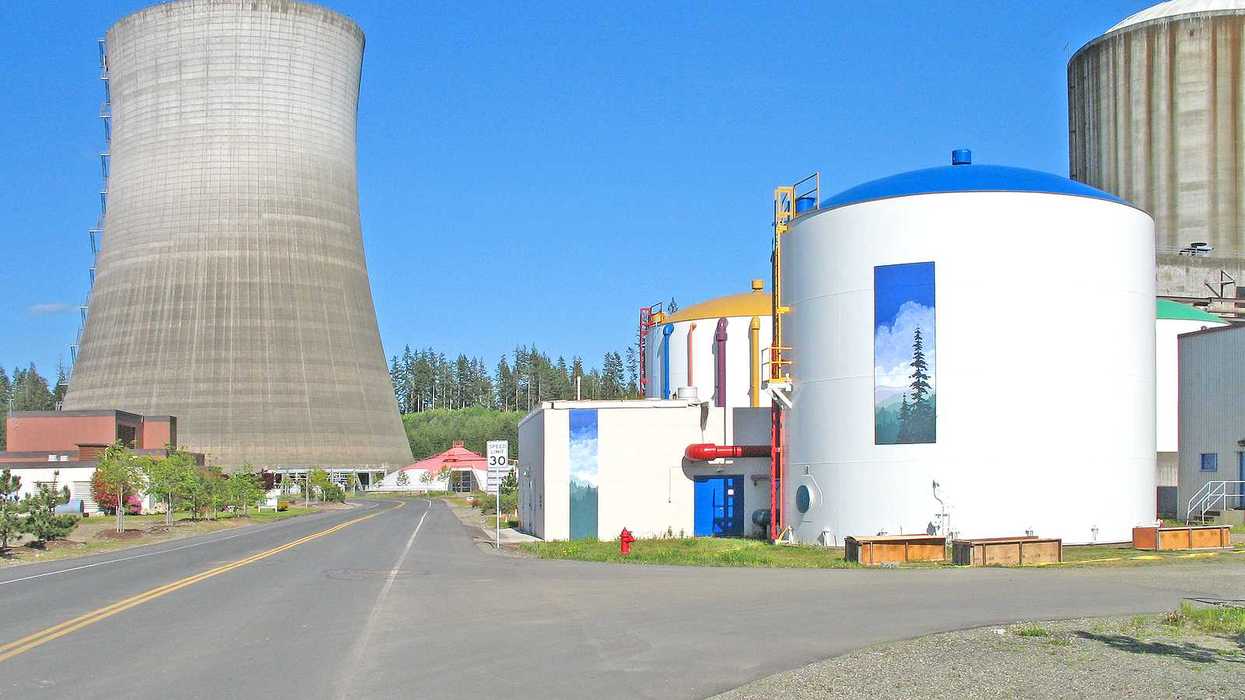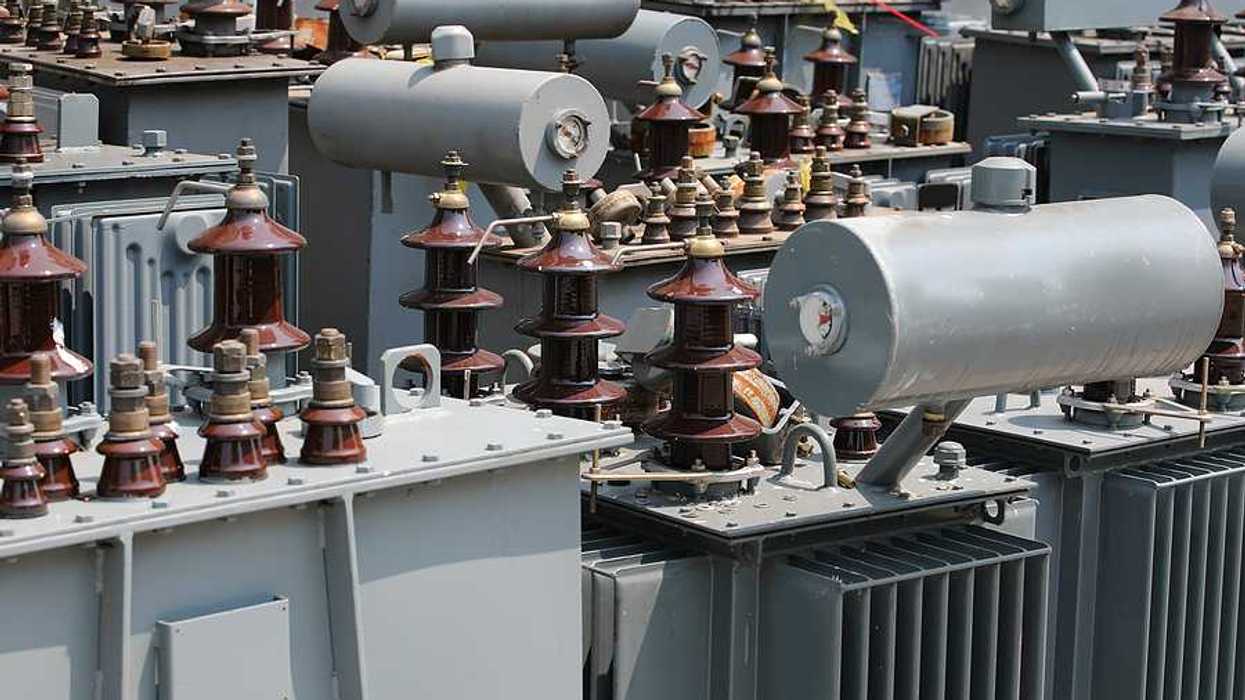Texas environmental regulators are using a federal rule to exclude eight counties from stricter soot pollution standards, despite exceeding federal air quality limits.
Alejandra Martinez reports for The Texas Tribune.
In short:
- The Texas Commission on Environmental Quality (TCEQ) proposes exempting eight of 12 counties from stricter soot regulations, citing data errors and “exceptional events” like wildfires and Saharan dust.
- Nonattainment designations would impose stricter controls on pollution, but industry groups argue such measures are costly and unfairly impacted by uncontrollable factors.
- Critics say TCEQ’s approach leaves some areas with severe air pollution unaccountable and argue for better air monitoring to address health risks.
Key quote:
“If we’re not putting protections in place, how will we ever bring air quality to healthy levels?”
— Jennifer Hadayia, executive director of Air Alliance Houston
Why this matters:
Particulate matter is linked to respiratory issues and premature death, making it one of the most harmful forms of air pollution. Exempting polluted counties and insufficient air monitoring leave vulnerable communities exposed to health risks and undermines efforts to improve air quality.
Related EHN coverage:






